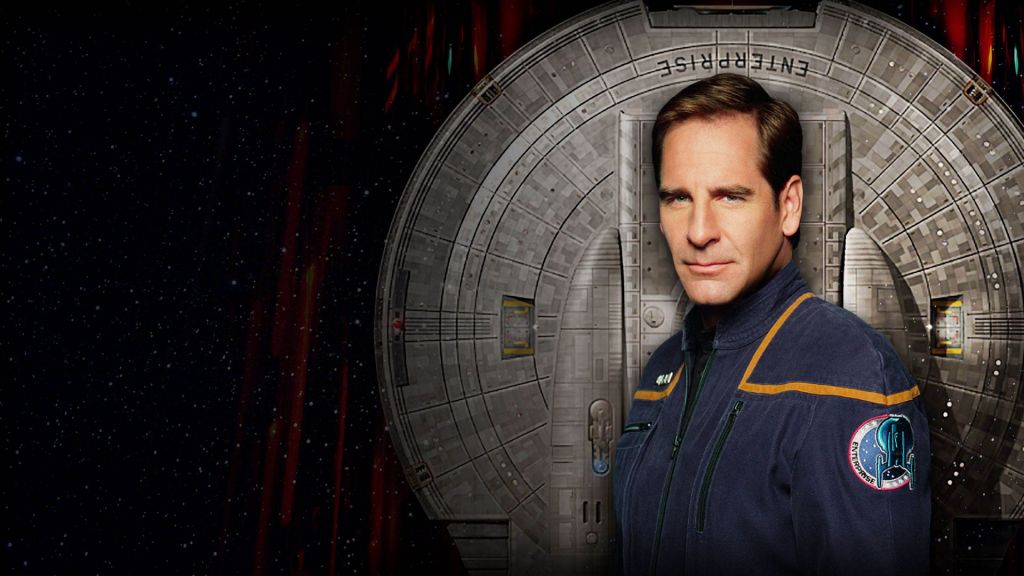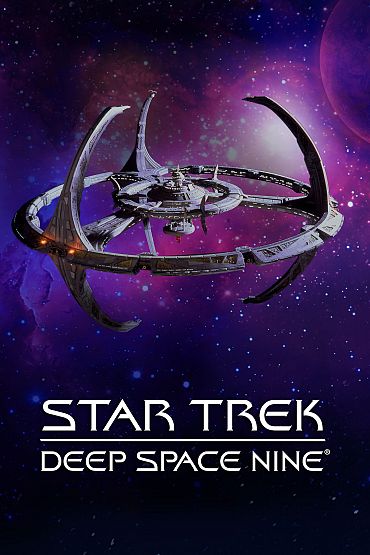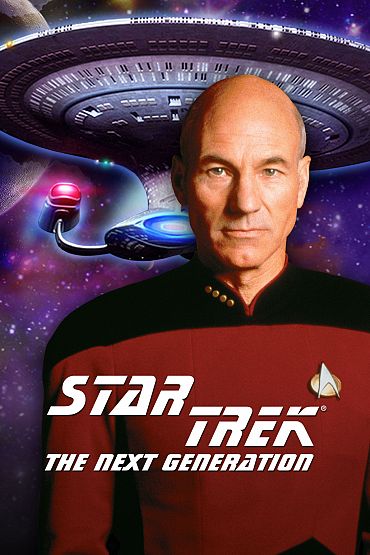
Star Trek: Strange New Worlds is an American television series created by Akiva Goldsman, Alex Kurtzman, and Jenny Lumet for the streaming service Paramount+. It is the 11th Star Trek series and was launched in 2022 as part of Kurtzman’s expanded Star Trek Universe. A spin-off from Star Trek: Discovery, it follows Captain Christopher Pike and the crew of the starship USS Enterprise as they explore new worlds throughout the galaxy during the decade before Star Trek: The Original Series.
Anson Mount, Ethan Peck, and Rebecca Romijn respectively star as Pike, Spock, and Number One, all characters from The Original Series. These actors were cast in the roles in 2019 for the second season of Discovery, and, after a positive fan response, Kurtzman expressed interest in bringing them back for a spin-off series. Development began by March 2020 and it was officially ordered in May. The lead cast, title, and creative team were confirmed, with Goldsman and Henry Alonso Myers as showrunners. Jess Bush, Christina Chong, Celia Rose Gooding, Melissa Navia, Babs Olusanmokun, and Bruce Horak also star. Some of those actors also play younger versions of Original Series characters. The series is produced by CBS Studios in association with Secret Hideout, Weed Road Pictures, H M R X Productions, and Roddenberry Entertainment. Filming took place at CBS Stages Canada in Mississauga, Ontario. The showrunners chose to return to the episodic storytelling of The Original Series rather than Discovery’s more serialized approach.
Star Trek: Strange New Worlds premiered on Paramount+ on May 5, 2022, and its 10-episode first season ran through July 7. A second season is in production and is expected to premiere in 2023. The series has received positive reviews for its episodic storytelling and cast. It is nominated for a Primetime Emmy Award and several other awards.











